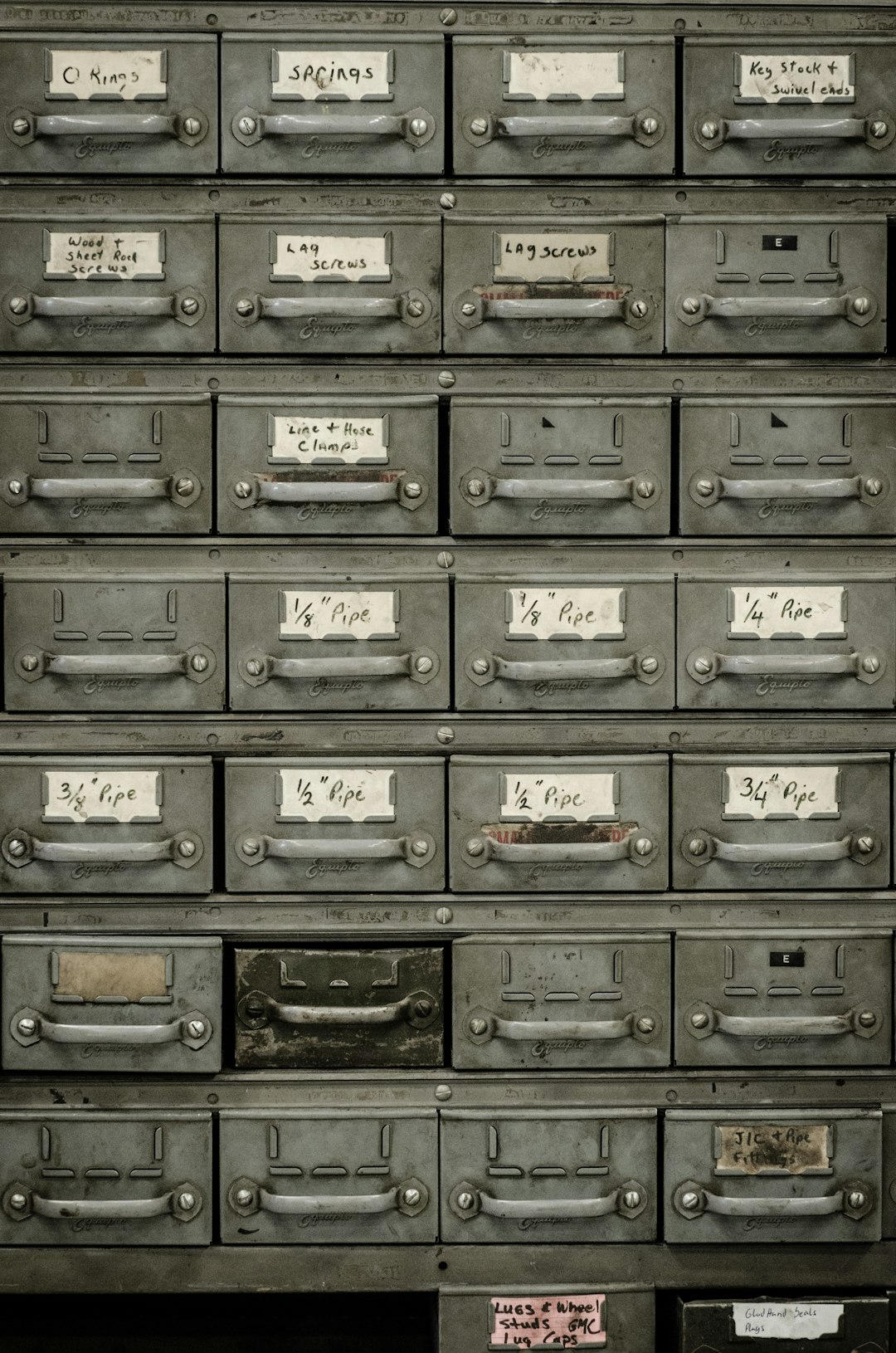Plumber, Gasfitter and Drainlayer Kaiwhakarerewai, Kaiwhakarerekorohū, Kaiwhakatakoto Paipa Wai
Plumbers, gasfitters and drainlayers assemble, install and repair pipes, drains and fixtures and fittings that supply water and gas or remove waste.
Plumbers, gasfitters and drainlayers must be registered with the Plumbers, Gasfitters and Drainlayers Board and hold a practising licence.
Plumbers, gasfitters and drainlayers may do some or all of the following:
- measure, cut and shape pipes
- install, join and seal pipes and fittings
- install and maintain hot water and heating systems such as hot water tanks, central heating, gas heaters and heat pumps
- lay or repair drains, and get consents from local councils to do the work
- install and repair roofing pipes and spouting
- replace or repair damaged or blocked water, sewerage and gas pipes
- install fixtures such as gas stoves, toilets, basins, septic tanks and air-conditioning systems
- run their own business.
Physical Requirements
Plumbers, gasfitters and drainlayers need to be fit, healthy and reasonably strong, as some lifting is involved. They need to be comfortable working at heights or in small confined spaces.
Useful Experience
Useful experience for plumbers, gasfitters and drainlayers includes:
- work as a drainlayer's assistant
- work in the building or heating and ventilation industries
- welding and sheet metal work
- work as a boiler maker.
Personal Qualities
Plumbers, gasfitters and drainlayers need to be:
- patient and accurate, with an eye for detail
- safety-conscious
- skilled in using and caring for equipment
- good communicators
- organised, able to follow instructions and skilled at problem-solving
- able to work independently or in a team.
Skills
Plumbers, gasfitters and drainlayers need to have:
- knowledge of plumbing and drainage materials and methods
- skill in interpreting designs, plans and instructions
- knowledge of building and safety regulations
- knowledge of the Building Code in relation to plumbing, gasfitting and drainage
- soldering and welding skills
- some knowledge of electrical systems.
Plumbers, gasfitters and drainlayers who are self-employed also need business skills.
Conditions
Plumbers, gasfitters and drainlayers:
- usually work regular business hours, but may be required to work evenings and weekends, or be on call
- work in homes, offices, commercial and industrial buildings, schools, hospitals, and on building sites and farms
- may work outdoors in all weathers, and in conditions that can be dirty, messy, smelly, cold, wet, hot or confined
- travel locally to job sites.
Subject Recommendations
No specific secondary education is required for this job, but English, maths, physics, design and visual communication, and construction and mechanical technologies to at least NCEA Level 2 are useful.
Year 11 and 12 learners can find out more about the construction industry and gain relevant skills by doing a National Certificate in Building, Construction and Allied Trades (Levels 1 and 2) through the BConstructive programme.
For Year 11 to 13 learners, trades academies and the STAR and Gateway programmes are good ways to gain relevant experience and skills.
These programmes may help you gain an apprenticeship, but do not reduce the amount of time it takes to complete it.
Related Options
Plumber, Gasfitter and Drainlayers can earn around $23-$53 per hour.
Chances of getting a job as a Plumber, Gasfitter and Drainlayer are good due to a shortage of people interested in this type of work.
Pay for plumbers, gasfitters and drainlayers varies depending on experience and where you work.
- Apprentice/trainee plumbers, gasfitters and drainlayers usually start on the training or adult minimum wage and can earn up to $39 an hour as they gain skills and unit standards.
- Newly licensed plumbers, gasfitters and drainlayers usually earn $35 to $42 an hour.
- Licensed and experienced plumbers, gasfitters and drainlayers can earn between $45 and $53 an hour.
Those running their own business may earn more than this, but their income depends on the success of their business.
People specialising as drainlayers usually earn a little less than plumbers and gasfitters.
As well as their wages, plumbers, gasfitters and drainlayers may get other benefits such as tool allowances, vehicle and cell phone use and health insurance.
Source: Seek, 2023; Southern Plumbing, 2022; and Auckland Plumbers Group, 2022.
Plumbers, gasfitters and drainlayers may progress to become certifying plumbers, gasfitters and drainlayers, who can set up their own businesses and train apprentices.
They may also move into design, consultancy or teaching work in the industry.
Years Of Training
2-4 years of training required.To become a plumber, gasfitter or drainlayer, you need to:
- complete an apprenticeship and gain a New Zealand Certificate (Level 4) in Plumbing Gasfitting or Drainlaying
- be registered with the Plumbers, Gasfitters and Drainlayers Board.
A driver's licence is also useful.
ATT and Masterlink employ, train and place apprentices.
- ATT website - plumbing, gasfitting and drainlaying apprenticeships
- Masterlink website - plumbing, gasfitting and drainlaying apprenticeships
Industry Connection for Excellence (ICE) and Te Pūkenga oversee plumber, gasfitter and drainlayer apprenticeships.

 Edgewater College
Edgewater College